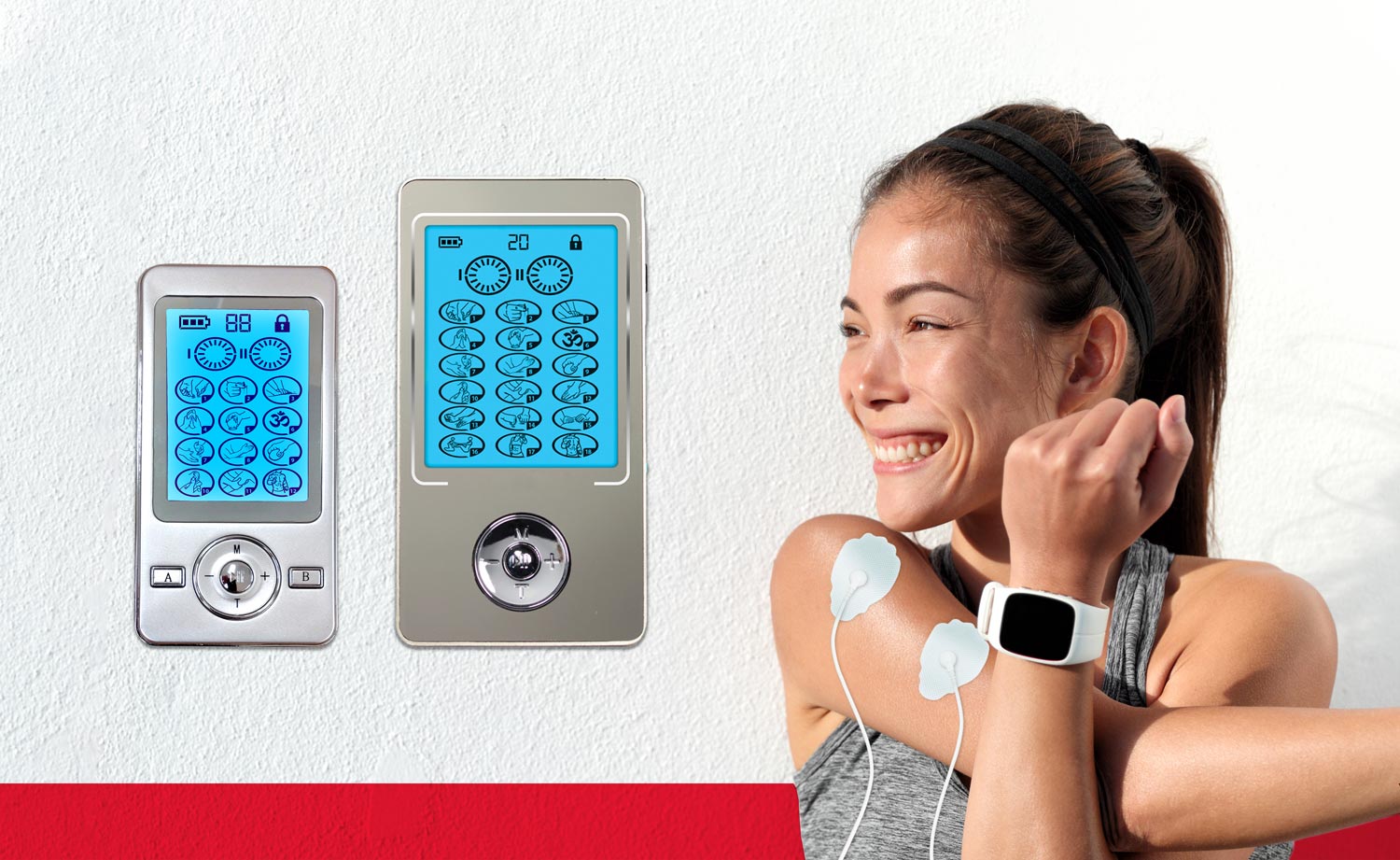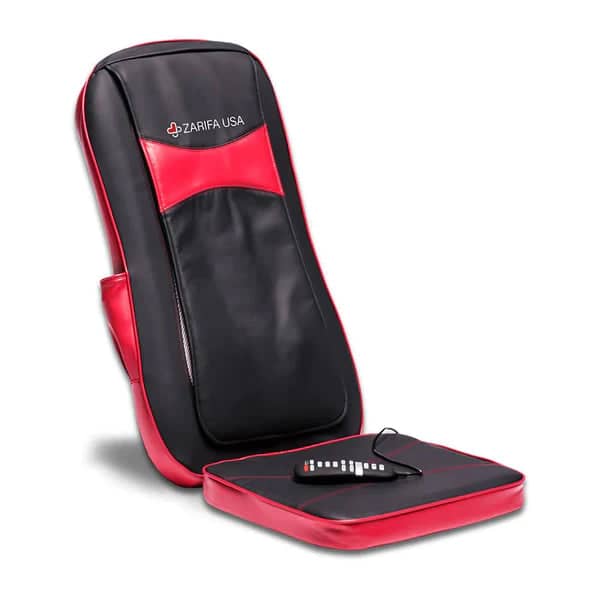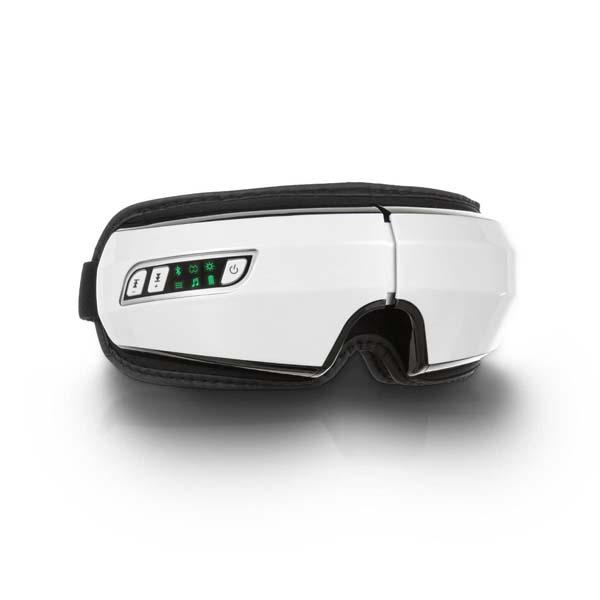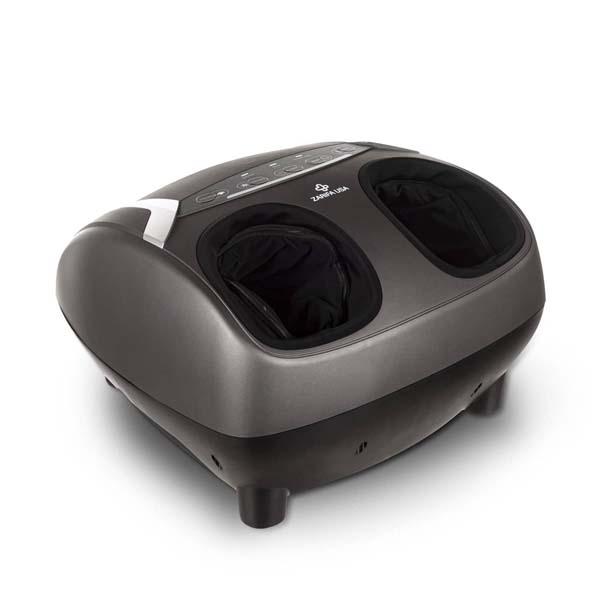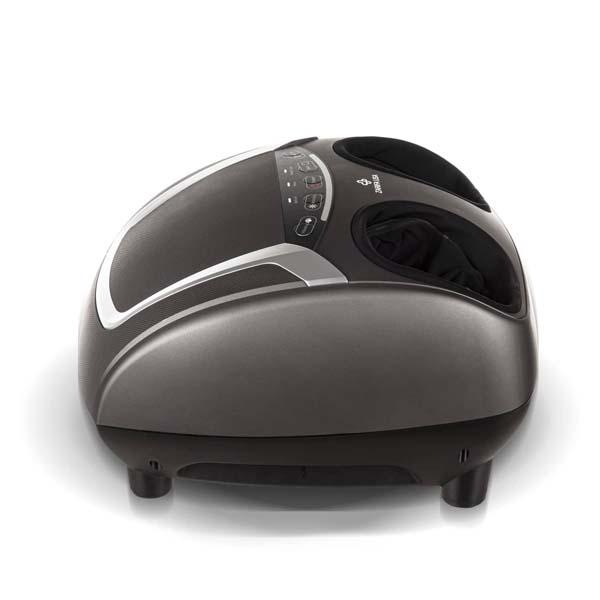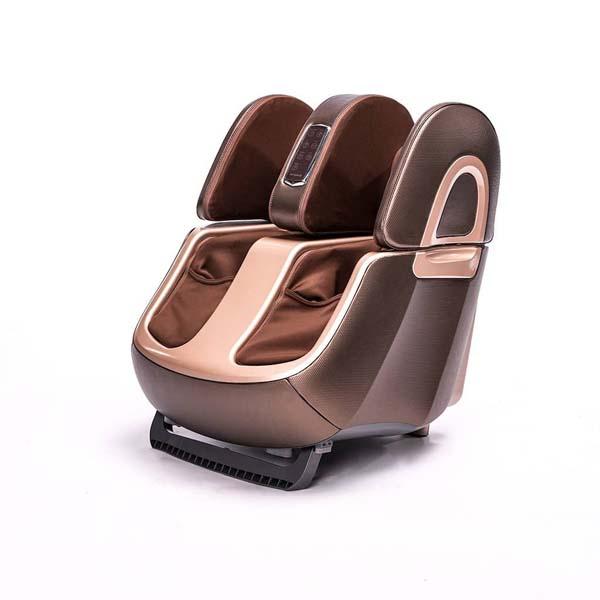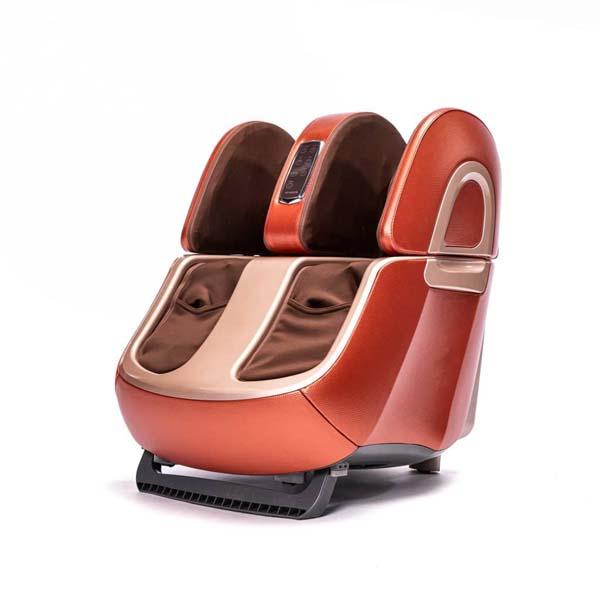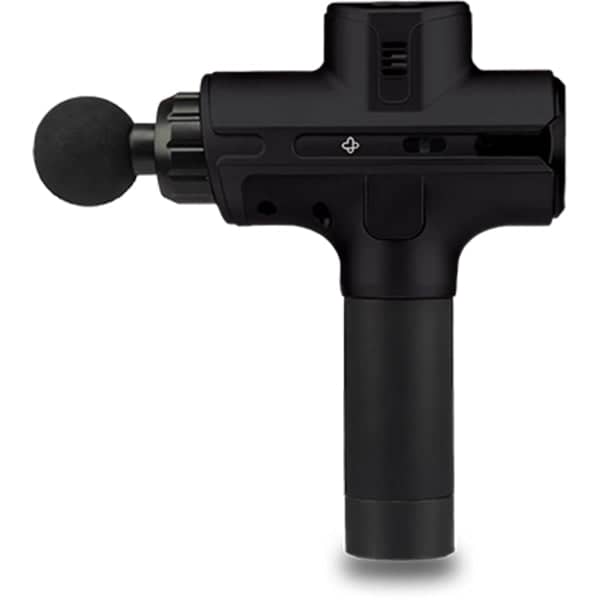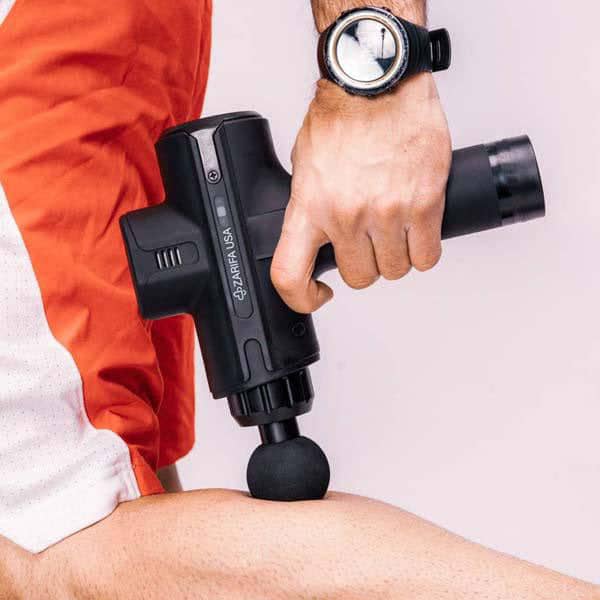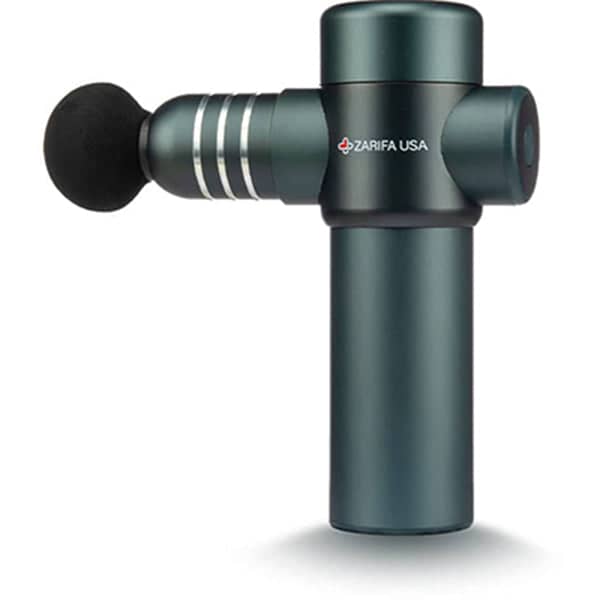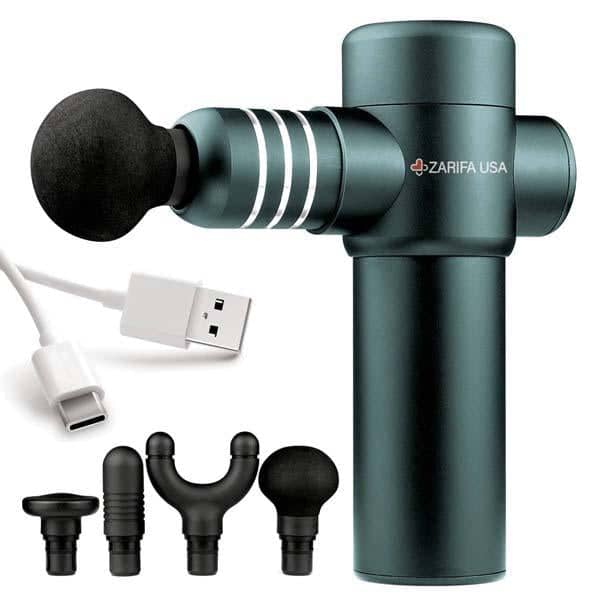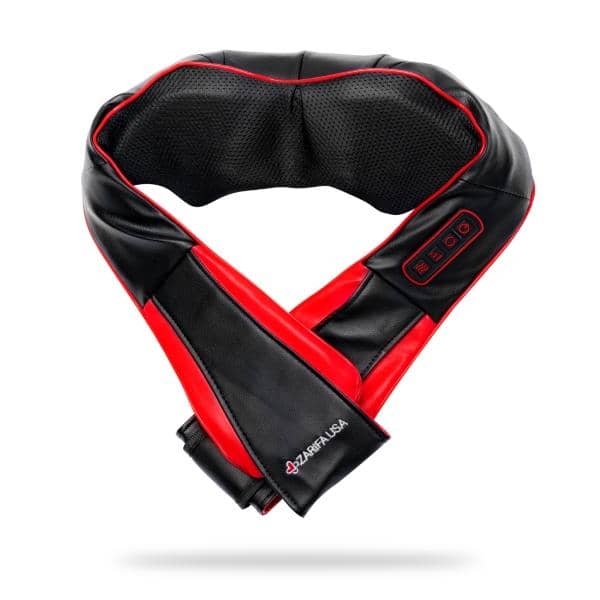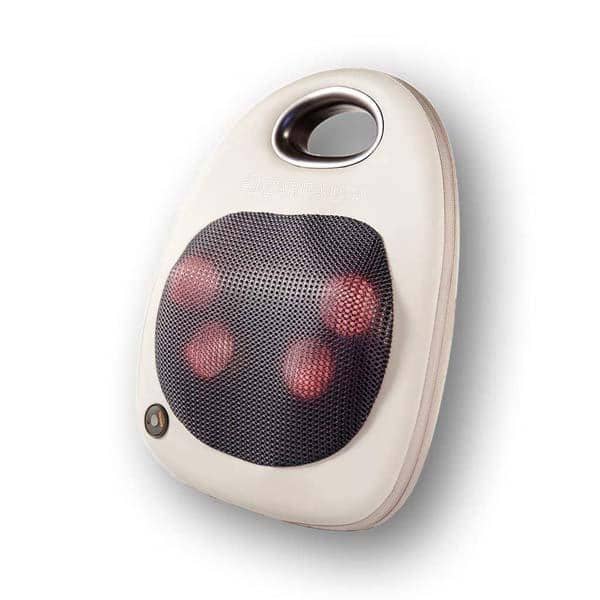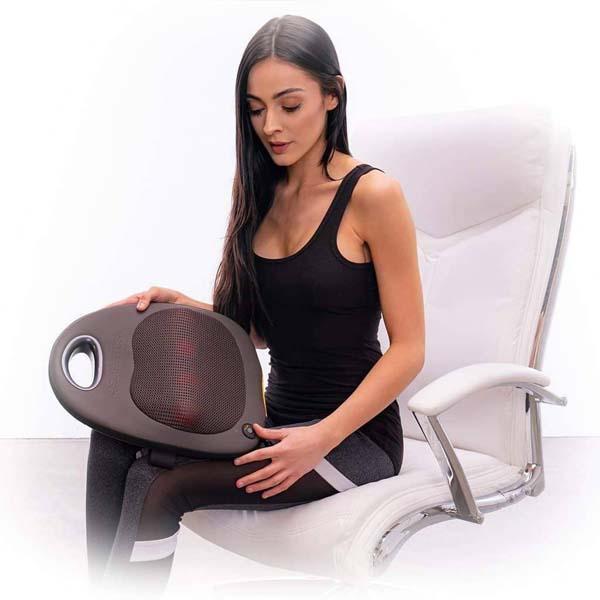hronic pain can be a relentless and overwhelming experience that significantly impacts one's daily life. The natural human response is to seek relief. For some, this journey to alleviation includes medications and surgeries. Yet, in this age of holistic wellness, many individuals are seeking non-invasive solutions that address pain at its core. Among the frontrunners in this category is the TENS unit. This device, supported by both scientific research and a growing body of user testimonials, is showing real promise.
Deep Dive into TENS
Transcutaneous Electrical Nerve Stimulation, abbreviated as TENS, uses low-voltage electrical currents to address pain. Picture a compact, battery-powered device. This device connects to electrodes, which are placed directly over or near the pain sites. Once activated, these electrodes transmit impulses that many users describe as a gentle tingling sensation.
Historical Backdrop
The concept of electrical stimulation for pain relief isn't new. Ancient Egyptians depicted electric fish being used to treat pain conditions. It's fascinating to think that TENS is a modern-day, refined evolution of such ancient practices.
Science Behind TENS: More Than Just a Buzz
To truly grasp TENS's effectiveness, it helps to understand the gate control theory of pain. This theory suggests that there's a "neurological gate" present in our spinal cord that controls the flow of pain signals to the brain. The electrical impulses from the TENS unit are believed to stimulate non-painful nerves, effectively "closing the gate" and preventing pain signals from reaching the brain. This is akin to turning off a switch, disrupting the pain at its very source.
But that's not all. TENS units are also believed to stimulate endorphin production, nature's own painkiller. Endorphins are chemicals in the brain that act as natural painkillers. Their release provides an additional layer of relief for those combating chronic pain.
The Appeal of TENS: Why It's Gaining Ground
Safety First: Unlike many pain interventions, TENS is external and non-invasive. This means users sidestep potential surgical complications or concerns about medication side-effects.
Versatility: TENS doesn't compete with other treatments; it complements them. Whether you're undergoing physical therapy, chiropractic adjustments, or regular massages, TENS can be integrated into your routine.
Accessibility: Pain can strike anywhere – at work, during travel, or while relaxing at home. Thanks to its portability, a TENS unit ensures that relief is just an arm's reach away.
Optimizing the Use of TENS
Lifestyle Integration: To enhance its efficacy, be proactive. Mind your posture, embrace regular exercise, and consider ergonomic aids, especially if you spend long hours at a desk.
Dietary Synergy: Your diet can support your pain management journey. Foods rich in anti-inflammatory compounds like omega-3s and turmeric may potentially bolster TENS's effectiveness.
Mind Matters: Mental well-being is intrinsically tied to physical health. Incorporate mindfulness practices, such as meditation or deep-breathing exercises, to augment the relief provided by TENS.
Choosing the Right TENS Unit
As with any product, there's a spectrum of TENS units available in the market, from basic models to more advanced ones with customizable settings. When selecting a device:
Evaluate Your Needs: Do you need it for occasional use or more frequent sessions?
Check for Customizability: Being able to adjust settings like pulse width and frequency can make your experience more tailored and comfortable.
Battery Life Matters: For those always on-the-go, long battery life can be crucial.
Consult with Professionals: Before making a purchase, it might be beneficial to seek advice from physical therapists or chiropractors familiar with TENS therapy.
Chronic pain is a multifaceted beast, demanding a multipronged approach. TENS units, with their blend of age-old concepts and modern technology, have carved a niche in holistic pain management. If you're in the throes of chronic pain and exploring TENS as a potential solution, it's essential to do thorough research and, where possible, consult professionals. Ensure you're not just seeking relief, but the best possible relief tailored to your needs.
Chronic pain can be a relentless and overwhelming experience that significantly impacts one's daily life. The natural human response is to seek relief. For some, this journey to alleviation includes medications and surgeries. Yet, in this age of holistic wellness, many individuals are seeking non-invasive solutions that address pain at its core. Among the frontrunners in this category is the TENS unit. This device, supported by both scientific research and a growing body of user testimonials, is showing real promise.
Deep Dive into TENS
Transcutaneous Electrical Nerve Stimulation (TENS) uses low-voltage electrical currents to address pain. Picture a compact, battery-powered device. This device connects to electrodes, which are placed directly over or near the pain sites. Once activated, these electrodes transmit impulses that many users describe as a gentle tingling sensation.
Historical Backdrop
The concept of electrical stimulation for pain relief isn't new. Ancient Egyptians depicted electric fish being used to treat pain conditions. It's fascinating to think that TENS is a modern-day, refined evolution of such ancient practices.
Science Behind TENS: More Than Just a Buzz
To truly grasp TENS's effectiveness, it helps to understand the gate control theory of pain. This theory suggests that there's a "neurological gate" present in our spinal cord that controls the flow of pain signals to the brain. The electrical impulses from the TENS unit are believed to stimulate non-painful nerves, effectively "closing the gate" and preventing pain signals from reaching the brain. This is akin to turning off a switch, disrupting the pain at its very source.
But that's not all. TENS units are also believed to stimulate endorphin production, nature's own painkiller. Endorphins are chemicals in the brain that act as natural painkillers. Their release provides an additional layer of relief for those combating chronic pain.
The Appeal of TENS: Why It's Gaining Ground
- Safety First: Unlike many pain interventions, TENS is external and non-invasive. This means users sidestep potential surgical complications or concerns about medication side-effects.
- Versatility: TENS doesn't compete with other treatments; it complements them. Whether you're undergoing physical therapy, chiropractic adjustments, or regular massages, TENS can be integrated into your routine.
- Accessibility: Pain can strike anywhere – at work, during travel, or while relaxing at home. Thanks to its portability, a TENS unit ensures that relief is just an arm's reach away.
Optimizing the Use of TENS
- Lifestyle Integration: To enhance its efficacy, be proactive. Mind your posture, embrace regular exercise, and consider ergonomic aids, especially if you spend long hours at a desk.
- Dietary Synergy: Your diet can support your pain management journey. Foods rich in anti-inflammatory compounds like omega-3s and turmeric may potentially bolster TENS's effectiveness.
- Mind Matters: Mental well-being is intrinsically tied to physical health. Incorporate mindfulness practices, such as meditation or deep-breathing exercises, to augment the relief provided by TENS.
Choosing the Right TENS Unit
As with any product, there's a spectrum of TENS units available in the market, from basic models to more advanced ones with customizable settings. When selecting a device:
- Evaluate Your Needs: Do you need it for occasional use or more frequent sessions?
- Check for Customizability: Being able to adjust settings like pulse width and frequency can make your experience more tailored and comfortable.
- Battery Life Matters: For those always on-the-go, long battery life can be crucial.
- Consult with Professionals: Before making a purchase, it might be beneficial to seek advice from physical therapists or chiropractors familiar with TENS therapy.
New Insights on TENS Effectiveness
Recent studies have shown that TENS can significantly reduce acute postoperative pain and decrease the amount of opioid medication patients need post-surgery. These findings underscore the potential of TENS not just in chronic, but also in acute pain

